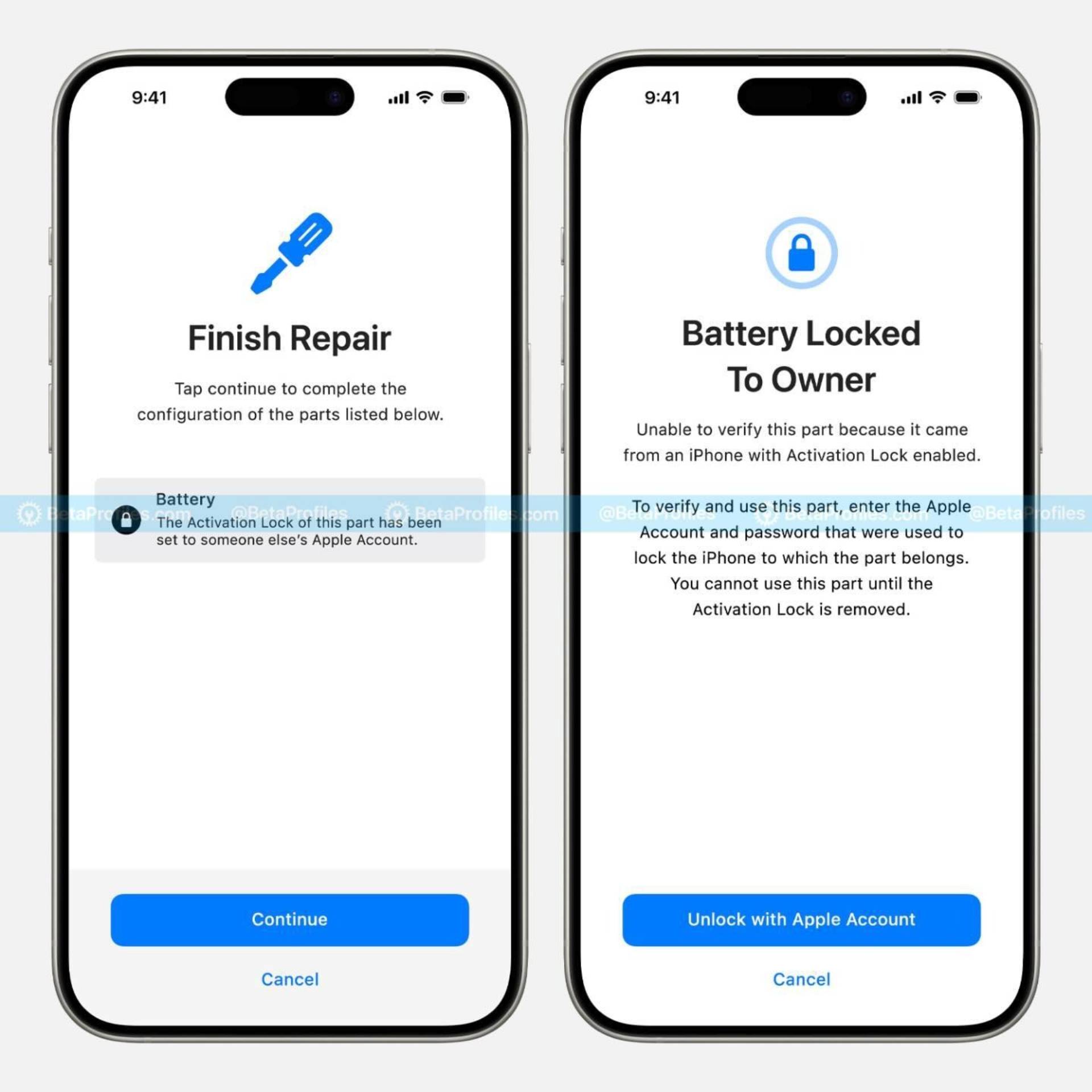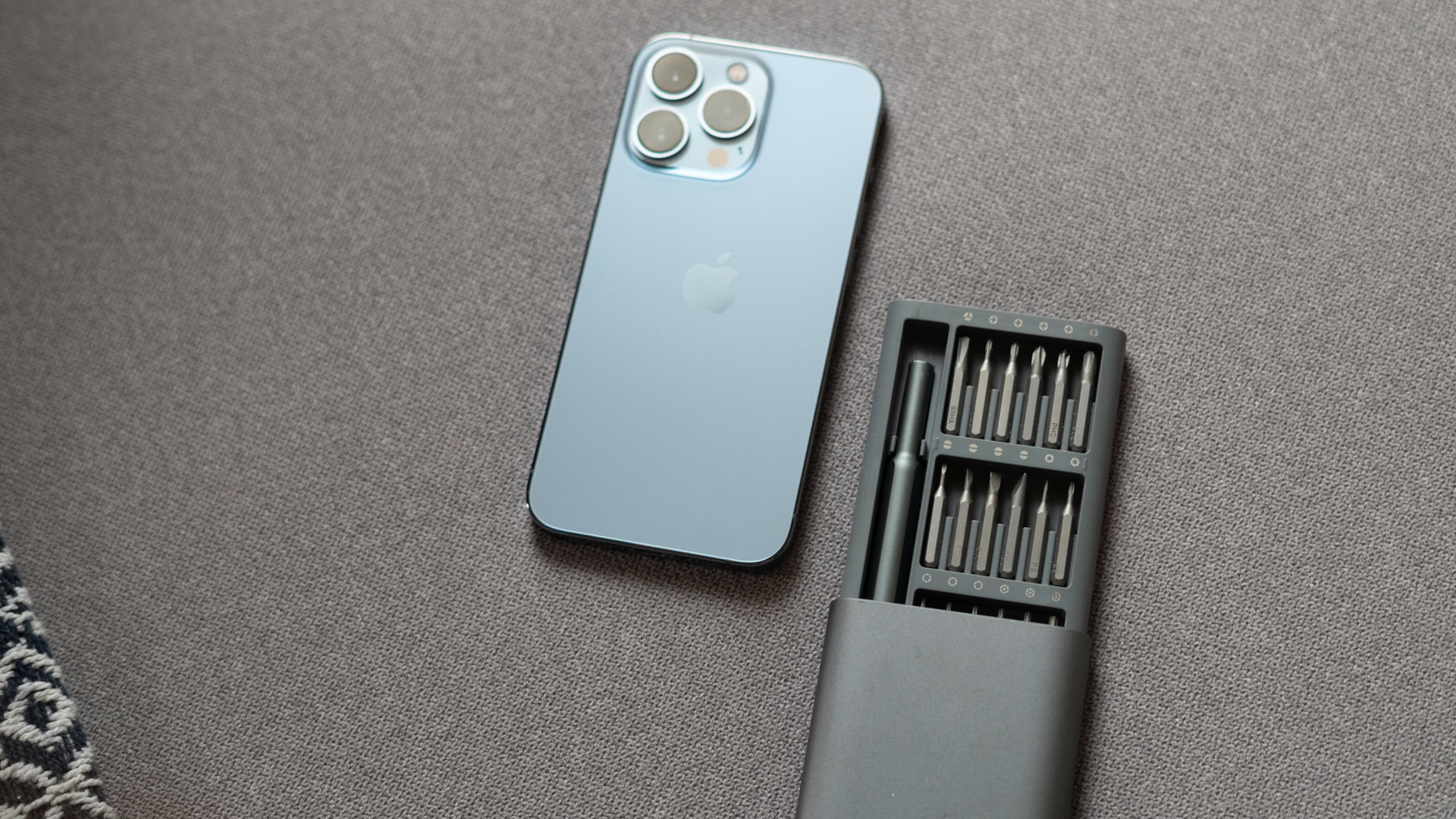Dhruv Bhutani / Android Authority
TL;DR
- iOS 18 reportedly enables Activation Lock to discourage repairs with stolen parts.
- The feature prompts users to enter the previous owner’s Apple account credentials if they use a repair part from a lost or stolen iPhone.
Apple has made iPhones easier to repair than ever before, but it only wants you to use genuine parts. To prevent the use of parts from lost or stolen iPhones, the company announced a new Activation Lock feature earlier this year. It appears to be live in the iOS 18 Release Candidate (RC) build and delivers an error when it detects an unverified repair part.
Activation Lock links your Apple account to your iPhone and various components, like the battery, display, and cameras. In case you lose your phone and someone tries to use parts from it to repair another iPhone, Activation Lock will identify the part and show a “[Part] Locked To Owner” error, prompting them to enter your Apple account credentials to unlock the part.

Activation Lock seems like a solid solution to deter people from disassembling lost or stolen iPhones for parts. However, in practice, it allegedly doesn’t accomplish much. As BetaProfiles claims in a recent Threads post, you can select the “Cancel” button on the Activation Lock screen and continue using the iPhone without providing the Apple account credentials. The unverified part is labeled as “Unknown Part” in Settings, but it seemingly doesn’t hamper usability.
In its original announcement, Apple claimed that Activation Lock will restrict calibration capabilities for unverified parts. It could disable certain features, like Face ID, but we can’t confirm this at the moment. We expect to learn more once the stable iOS 18 update rolls out and trusted repair technicians have had the chance to test the new feature.
Irrespective of whether Activation Lock disables core features or not, it’s a step in the right direction. It will likely put a dent in the stolen parts trade, and we wish Google would implement something similar on Android. Given the sheer diversity of Android phones, though, that might prove to be a herculean task. The company could start with its Pixel lineup and pave the way for other OEMs to adopt similar measures.

